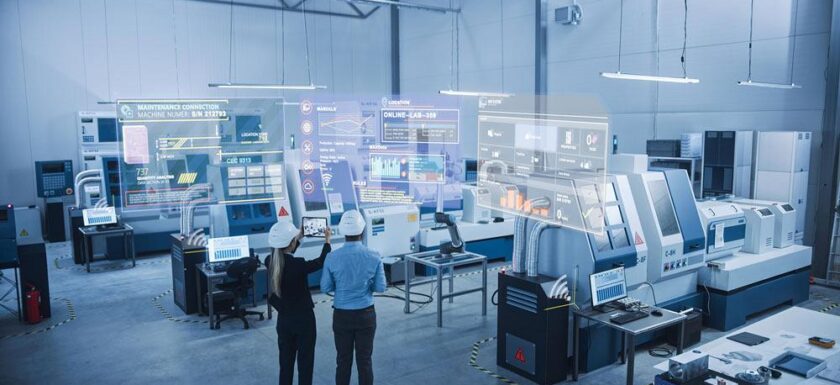In today’s fast-paced manufacturing environment, businesses are constantly seeking ways to maximize efficiency and minimize costs. One increasingly popular strategy is investing in used machinery. Contrary to some misconceptions, purchasing pre-owned equipment can offer substantial advantages, making it a smart choice for many companies.
Cost Savings
One of the most compelling reasons to consider used machinery is the significant cost savings. New machines often come with a hefty price tag, which can be prohibitive for small and medium-sized enterprises (SMEs). Used machinery, on the other hand, is typically available at a fraction of the cost. This allows companies to allocate their budget more effectively, perhaps investing in additional equipment or other critical areas of their operations.
Depreciation Benefits
New machinery depreciates quickly, losing a significant portion of its value within the first few years. By purchasing used equipment, companies can avoid the steepest part of the depreciation curve. This means that if they decide to sell the machine later, they are likely to recoup a higher percentage of their initial investment compared to selling new equipment.
Proven Performance
Another advantage of buying used machinery is the opportunity to select equipment with a proven track record. Unlike new machines, which may have untested components or undiscovered flaws, used machinery has been in operation and its performance can be verified. This reliability can translate to less downtime and fewer unexpected repairs, contributing to smoother production processes.
Availability and Speed
The availability of used machinery is often much higher than that of new machines, which can have long lead times due to manufacturing schedules and high demand. Used equipment can usually be sourced and delivered quickly, allowing businesses to respond rapidly to production needs or expansion opportunities. This agility can be a critical factor in maintaining a competitive edge.
Environmental Impact
Opting for used machinery also aligns with sustainable business practices. Reusing equipment reduces the demand for new manufacturing, which in turn lowers the consumption of raw materials and energy. This can significantly lessen the environmental footprint of a business, contributing to corporate social responsibility goals and enhancing the company’s reputation among environmentally conscious consumers and partners.
Conclusion
In summary, used machinery offers numerous benefits, including cost savings, reduced depreciation, proven performance, quick availability, and environmental advantages. For businesses looking to optimize their operations without compromising on quality or reliability, investing in pre-owned equipment is a smart, strategic decision. Whether it’s lathes, milling machines, or various types of CNC machines, the used machinery market provides a wide array of options to meet diverse manufacturing needs.
